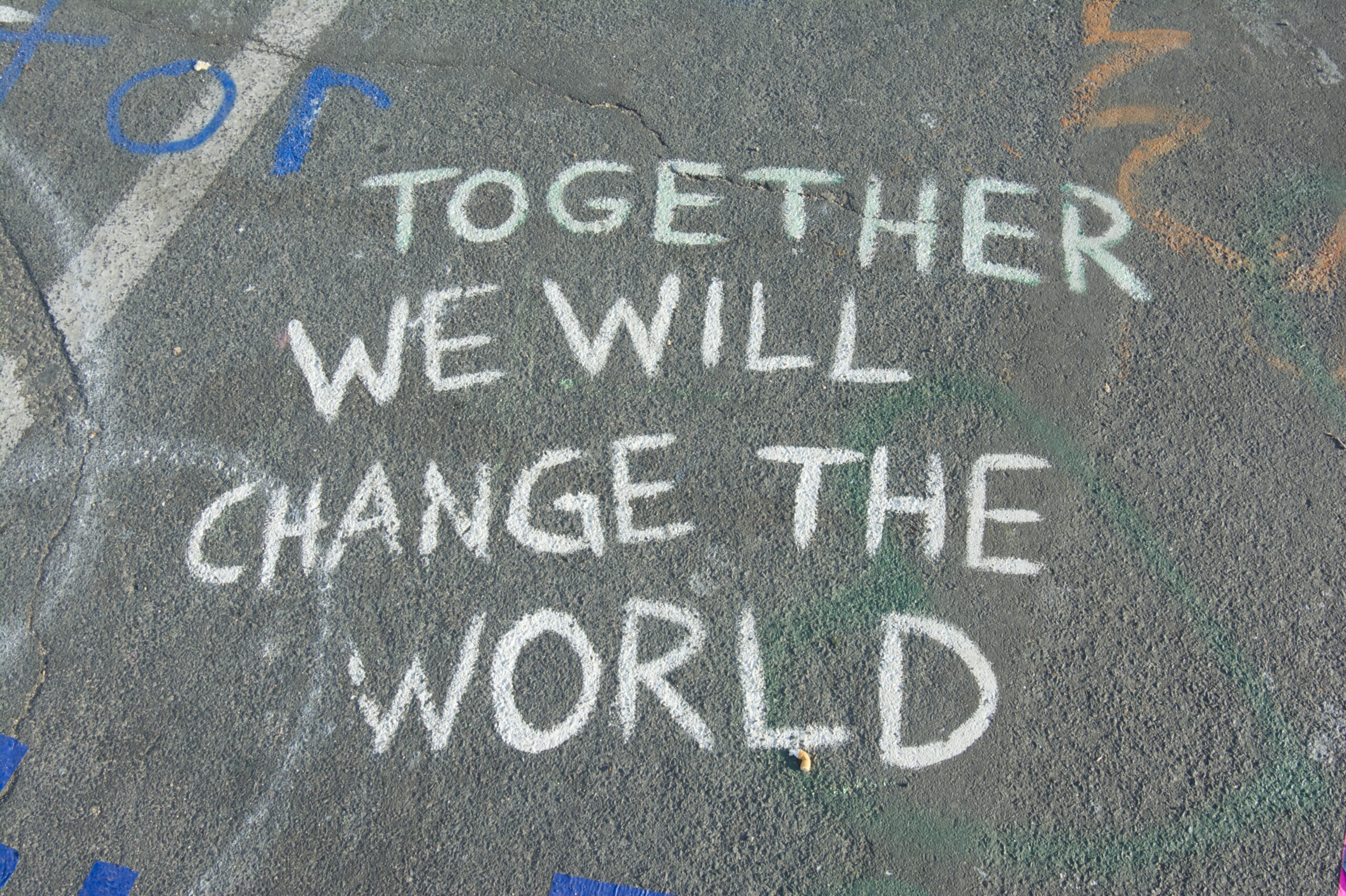
The Peace Science Digest is a project of the War Prevention Initiative
We believe that there is a gap between the insights of peace science and the working knowledge that policy makers and practitioners use in global peace and security. Additionally, there is a delay in the application of academic research to policy and practice. As result, policy and practice reflects and reinforces militarist narratives about the necessity and legitimacy of the use of force. We believe that these militarist narratives are, in part, informed by xenophobia, racism, and hegemonic masculinities. These same forces also stifle diversity in the field of global peace and security.
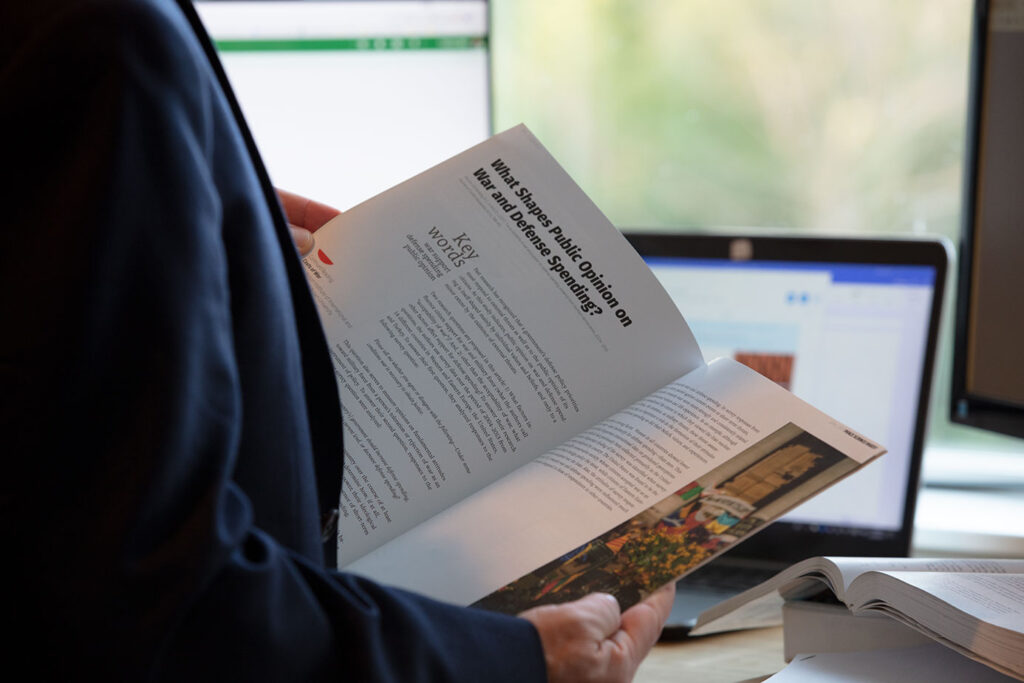
The Peace Science Digest is a tool to usher in change. By increasing the visibility and application of academic knowledge from peace science, we aim to strengthen the peace and security field by making evident how militarism undermines peace around the world. The Digest contributes to a broader narrative shift about the assumed effectiveness of violence by demonstrating that nonviolent responses are often more effective, less costly, and, most importantly, more humane than military action. Drawing on a diversity of scholars, it highlights scholarship that critically examines the racial and gendered power structures, amongst others, that underpin militarism.
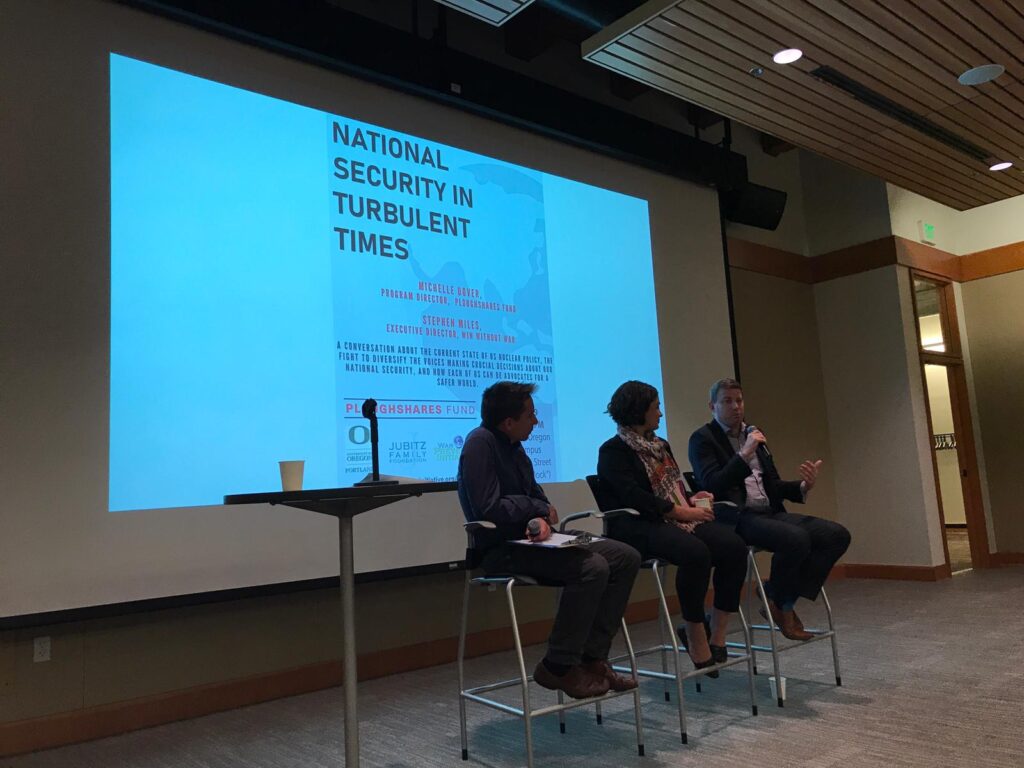
Article Selection Process
The Editorial Team carefully selects articles from peer-reviewed academic journals. We look for articles that have been published within the past two years, engage with core questions in peace science, represent a diversity of authors, methodological approaches, and geographic scope; and hold high potential for policy impact and practitioner use.
Each analysis is structured into the following sections: Talking Points, Article Summary, Informing Practice, Continued Reading, and Organizations.
Talking Points
Highlight the main findings from each article.
Summary
Summarizes each articles’ theoretical approach, research question(s), methodology, and main findings.
Informing Practice
Pulls out the broader implications and policy relevance of each article, often identifying a particular country, sector, policy, and/or stakeholder. This section reflects the insights and/or opinions of the Editorial Team, not necessarily those of the original author(s) of the summarized article.
Continued Reading
Lists other articles, reports, op-eds, etc., on a related topic, including other related analyses published in the Peace Science Digest.
Organizations
Lists relevant organizations that work in the thematic or geographic areas identified in the article, or an organization specifically identified in the article.
We select from a variety of academic journals including but not limited to the following:
- Journal of Peace Research
- Peace Review
- Journal of Aggression, Conflict and Peace Research
- Journal of Conflict Resolution
- Human Rights Quarterly
- Peace & Change
- Defence and Peace Economics
- Global Change, Peace & Security
- Conflict Management and Peace Science
- Security Dialogue
- Conflict and Society
- International Peacekeeping
- Peacebuilding
- International Journal of Conflict Management
- Journal of Intervention and Statebuilding
Editorial Team
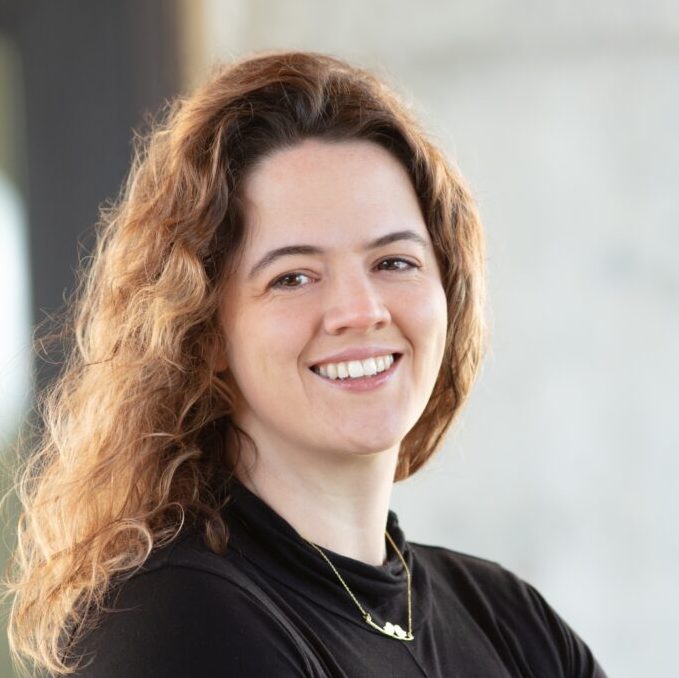
Kelsey Coolidge
Kelsey Coolidge is a social science researcher and non-profit professional with a specialization in peace and conflict, gender, urbanization, and environmental sustainability. This expertise is crafted from a curiosity to better understand current global challenges in order to create a more just, sustainable, and peaceful future. Kelsey is driven to translate vision into action by employing monitoring and evaluation techniques as well as data-based evidence to help non-profits thrive.
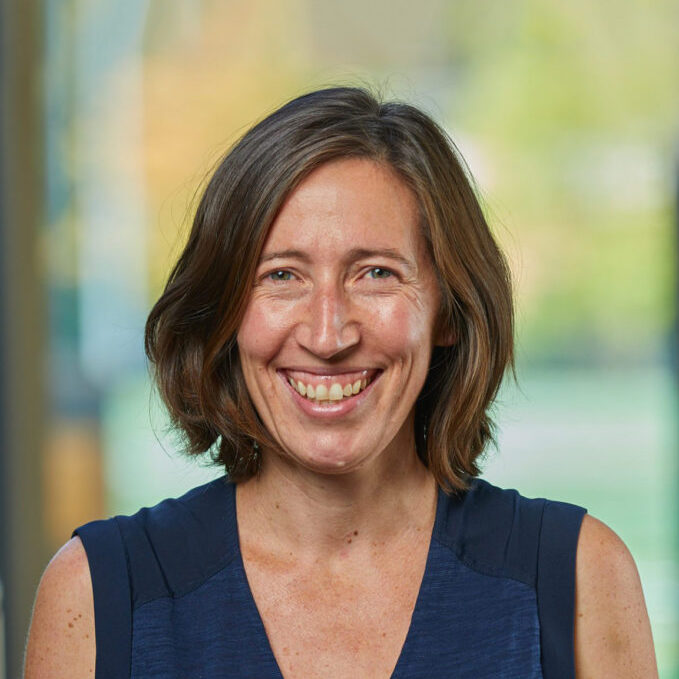
Molly Wallace
Molly Wallace (she/her/hers) is Senior Contributing Editor at the Peace Science Digest and Adjunct Assistant Professor in Portland State University’s Conflict Resolution Program. She earned her Ph.D. and M.A. in Political Science from Brown University and her B.A. in Peace and Conflict Studies from Mount Holyoke College. Her research and teaching interests include nonviolent action; demilitarized security and violence prevention; conflict resolution/transformation; military desertion/defection; peacebuilding and reconciliation; restorative justice; political violence; gender and global politics; and international ethics.

Patrick T. Hiller
Patrick holds a Ph.D. in Conflict Analysis and Resolution from Nova Southeastern University and an M.A. in Human Geography from the Ludwig-Maximilians-University in Munich, Germany. He teaches at the Conflict Resolution Program at Portland State University. Following an interdisciplinary approach, his work and research interests encompass war and peace, conflict resolution, peace studies, environmental issues, ethnicity, human rights, nationalism, social justice, Mexico, Latin America, social/peace movements, identity formation, culture and conflict and migration.
We Can End War Forever
Subscribe to read up-to-date research and analysis about how we can change the standard for global security and build a more peaceful world.
